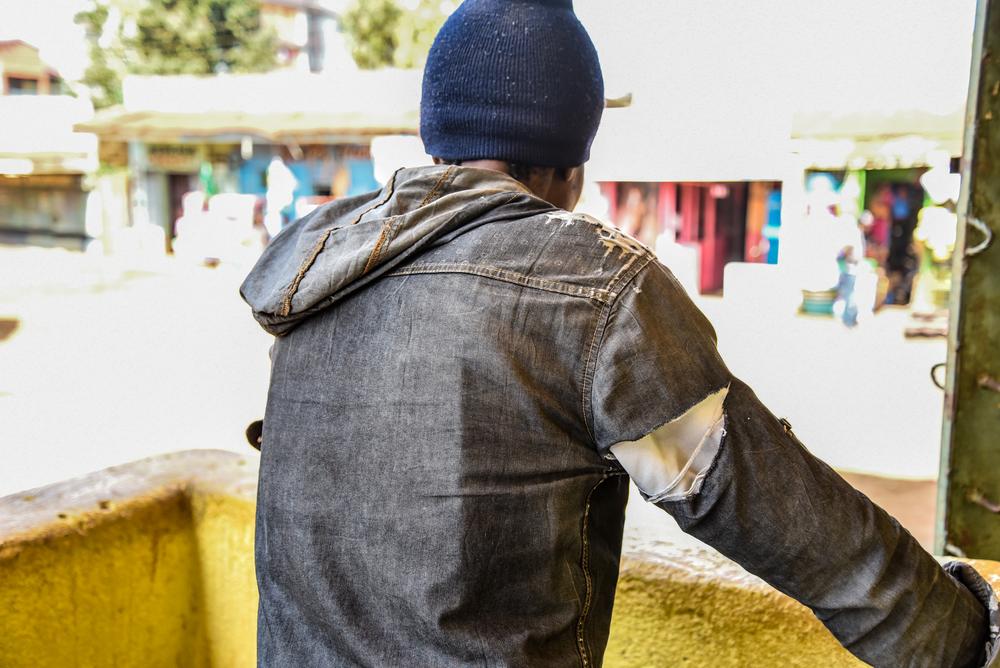As the world reels from the impact of the COVID-19 pandemic, vulnerable populations in Kenya’s Nairobi Metropolitan area are also bearing the brunt, made worse from years of systemic and social neglect.
People who use drugs (PWUDs) have been a neglected population, despite having many people in need of medical assistance. The morbidity and mortality rate among PWUDs is far too high due to delayed treatment access in cases of drug overdose, mob justice and other forms of violence, HIV infection, viral hepatitis infection, TB, and other conditions.
Kiambu County ranks amongst the top counties in Kenya, which host the highest number of PWUDs, specifically heroin. LVCT-Health found that there were more than 1,300 PWUDs in Kiambu County from a mapping exercise in 2018, with only a small number having been enrolled in Medically Assisted Therapy (MAT) clinics in Nairobi at this point. The most affected sub-counties in Kiambu are Kiambaa, Juja, Thika, and Kikuyu.
In September 2019, Médecins Sans Frontières/Doctors Without Borders (MSF) opened a MAT clinic in Karuri Level 4 hospital grounds, Kiambu County with the aim of reducing the morbidity and mortality associated with opioid addiction. The facility incorporates opioid substitution therapy and outpatient care including services for HIV, TB, mental health, wound care, sexual and reproductive health, non-communicable diseases (NCDs), Hepatitis C, social support, and counselling with support for referrals for complicated cases. To date, MSF has enrolled 216 patients into the program.
Patients waiting to take their methadone at the Karuri MAT clinic in Kiambu © Paul Odongo/MSF
“Drug addiction is a disease, not a choice. Offering medical assistance and supporting drug users to access methadone and auxiliary health support services to mitigate the debilitating impact of substance abuse is key to their recovery,” says Julia Jung, MSF’s project coordinator for Kiambu.
As at 1st July 2020, Kenya had reported 6,366 confirmed cases of COVID-19 with 148 mortalities. The Kenyan government put in place various measures including night curfews and movement restrictions to curb the spread of the disease.
The impact of COVID-19 and the containment measures have not boded well for PWUDs as most of them live in precarious conditions and are not able to practise some of the preventive measures. Some live in the streets where there is limited access to basic water and hygiene facilities, social distancing is also not practical in such cases, since they feel safer in groups. The fact that most are smokers also puts them at risk of developing complications if they get infected. Sharing cigarettes is common and puts them also at high risk of getting infected.
When put on methadone – the opioid substitution medication - PWUDs have to visit the MAT clinic every day to take doses of methadone, and access any other care they may need. While some of them suffered from lack of jobs even before COVID-19, they could get casual jobs, which have since greatly reduced owing to the pandemic. The increase in public transport fares also puts their treatment at risk since they have to come to the clinic daily.
“The priority for us during this pandemic is to keep our regular services running, while adapting our services in the MAT clinic to ensure that our staff and patients are safe within our facilities,” adds Julia.
MSF has provided masks, installed handwashing stations in the clinic and drug dens, and continues to train healthcare workers in Kiambu county on infection prevention and control, and PWUDs on how to stay safe from COVID-19.
